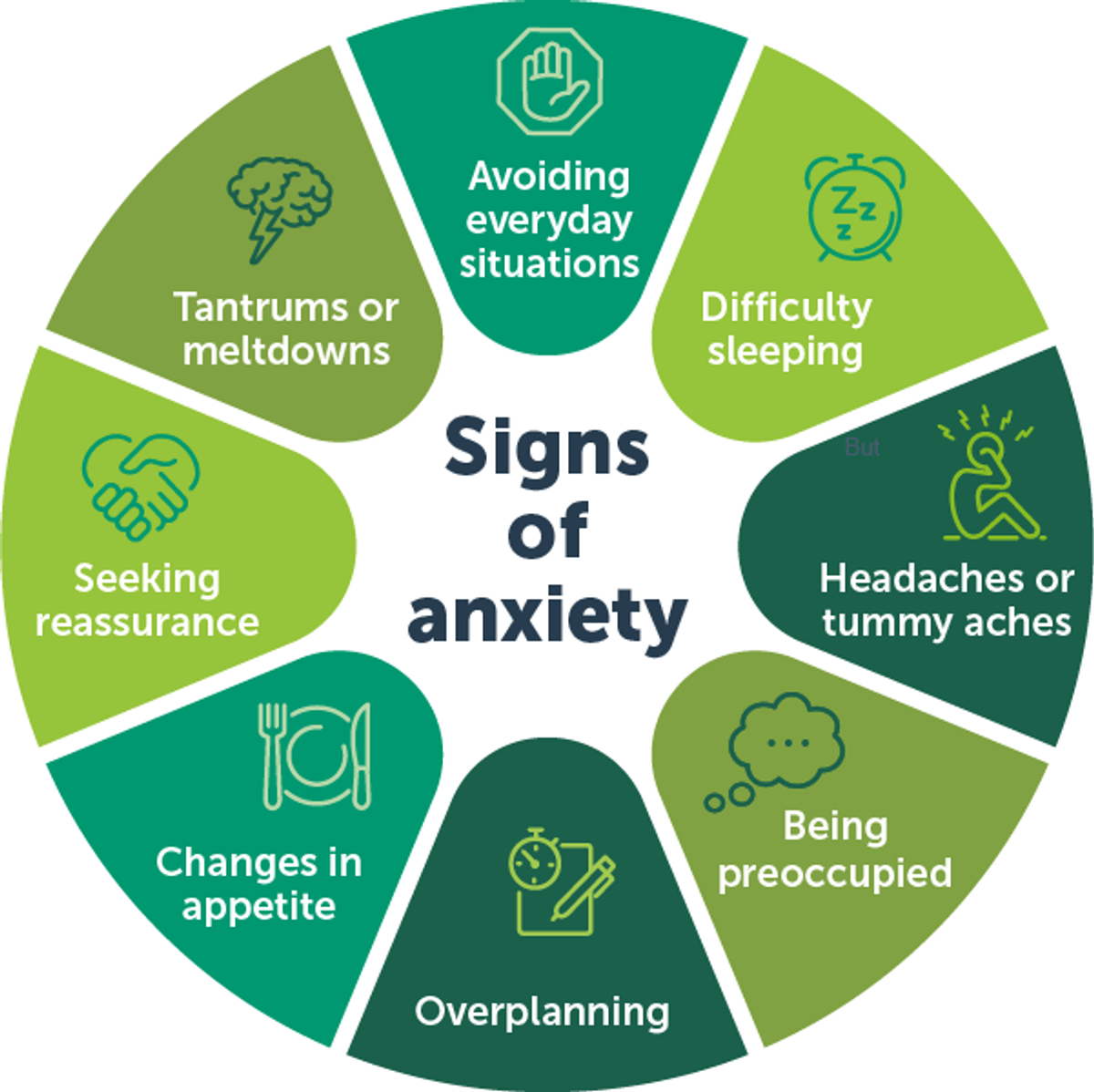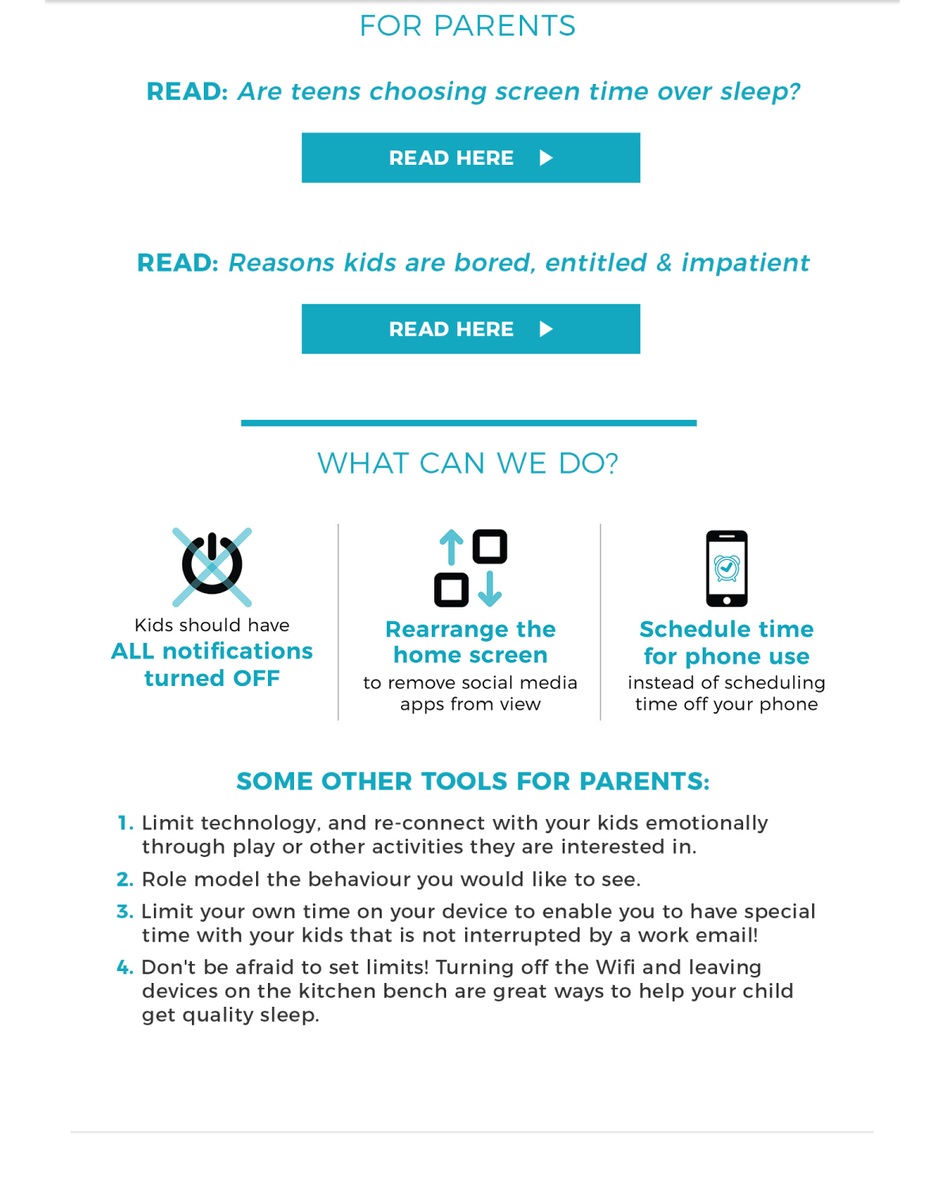Wellbeing @ NLPS

Cool Guys Program in Full Swing for Yr 5/6 Boys
We are excited to share that our innovative Cool Guys program is currently underway at our school! This initiative, which began in Term 3, is providing 18 of our Grade 5/6 boys with valuable opportunities to enhance their personal development and life skills.
The Cool Guys program is designed to support the boys in developing essential skills such as conflict resolution, fair play, problem-solving, and self-regulation. Over the course of eight weeks, students are participating in one-hour weekly sessions during school time. The core of the program involves creating an obstacle course together. The boys are actively involved in designing, building, testing, and refining their course in small teams, which helps them practise negotiation, compromise, reflection, and focus.
As part of the program, the boys are looking at existing gender norms, including norms which may hold them back from participating in activities and positive relationships with others. Students are encouraged to be their true selves, rather than adopt or disregard a behaviour based on the opinions of others, the media and/or internalised gender expectations.
At the conclusion of the program, participants will co-facilitate an evening event with their parents/carers, discussing resilience, positive parenting, managing technology, and building self-regulation and confidence.
Cool Guys is providing our students with a sense of achievement and teamwork, while helping them learn effective strategies for managing emotions and overcoming challenges. The program is strengthening their connection to the school community, increasing their self-awareness, and promoting positive interactions with others.
We look forward to seeing the continued positive impact of Cool Guys on our students as they progress through this exciting program.
Samantha Meddis
Mental Health and Wellbeing Leader
As AI continues to shape our children's digital experiences, it's critical for parents to stay informed and be ready to navigate the complexities of growing up in the AI era.
That's why we're excited to offer a free live webinar for parents on 10 September 2024 7:30pm, featuring Cyber Safety Project co-founder Trent Ray, along with experts Leon Furze and Vanessa Hamilton. They’ll dive into the latest developments in Generative AI, uncover potential risks, and share practical strategies to keep your children safe online.
Description: Is your child curious about AI? Are you worried about the risks of deepfakes? Do you know how to start conversations about AI with your child? Are you looking for simple strategies to keep your child safe online? By joining this event, you will
- Learn about the developments in Generative AI (GenAI) technology
- Uncover how GenAI is already embedded within your children’s digital platforms
- Understand the role of GenAI use in sexual image-based abuse Identify risks and strategies to protect your child from abuse
- Gain tips for 'starting the chat' about responsible and ethical use of GenAI
- Receive additional resources for ongoing support Who should attend: Parents of children of all ages who want to understand generative Artificial Intelligence and its influence on how children live, learn, connect, and play. Featured Speakers:
- Leon Furze: Consultant and Author, Leon specialises in guiding educators through the practical and ethical implications of generative AI.
- Trent Ray: Founder of Cyber Safety Project, Trent brings extensive experience in educating schools and broader communities about cyber safety and digital wellbeing.
- Vanessa Hamilton: Founder of Talking The Talk, Vanessa is an author and sexual health nurse promoting healthy and informed conversations about sexuality to children, teachers, and parents. Don’t miss this opportunity to build awareness and confidence to support your child in navigating the complexities of growing up in the age of AI!
Anxiety – primary school aged children
Feeling worried or anxious sometimes is normal. But some children have excessive or repeated fears, worries and anxious feelings that can last for weeks or more. These strong feelings can interfere with typical daily activities, such as going to school or seeing friends, which children may try to avoid. When children’s anxiety is severe or long-lasting it may be an anxiety disorder.
For parents, it can be hard to spot the signs of anxiety as it can show up in a variety of ways. It can be difficult to know what a ‘normal’ amount of worry is, and when to seek further help. Avoiding a situation that makes your child anxious may seem best, but it can quickly become a pattern that is hard to break.
Common signs and symptoms
- Regularly avoiding everyday experiences and situations, such as school, social events, playing, sport, eating or sleeping
- Frequent physical complaints, such as tummy aches and headaches
- Sudden emotional or angry outbursts, tantrums or ‘meltdowns’
- Difficulty sleeping
- Changes in appetite
- Seeking reassurance often
- Being preoccupied or unable to concentrate
- Overplanning situations and overthinking things
Many children will show these signs from time to time, and they may not be related to anxiety. When these signs appear frequently, in an ongoing pattern and cause your child to struggle with everyday life, they may be indicators of an anxiety condition or disorder. Common types of anxiety disorders in children include social anxiety, separation anxiety and generalised anxiety.
When and where to seek help
If your child regularly shows signs of anxiety, you can discuss this with their GP or another health professional, or their teacher. Some indicators that it is time to seek help include:
- if your child seems excessively worried or anxious, or feels anxious more often than not
- if anxiety stops your child from taking part in typical daily activities, such as attending school, socialising, playing or eating and sleeping well.
Diagnosis and treatment of an anxiety condition or disorder in a child can be provided by a trained and experienced health professional. If needed, a GP can arrange a referral to a paediatrician, child psychologist or other mental health professional to assess and support your child.
You could try an online treatment program for anxiety (see ‘Useful resources’ below).
How to help your child at home
If your child is showing ongoing signs of anxiety, you can support them at home in the following ways:
- Encourage your child to talk about their feelings and let you know when they get overwhelmed. It might help to explain these feelings are common – we all feel worried or scared sometimes.
- If there is a particular situation your child finds challenging, support them to gradually do the thing that makes them anxious. For example, if going to a crowded shopping centre makes them anxious, start with short trips to the local shops, building up to visiting a shopping centre in a quiet period.
- Make a practical plan together for coping with anxious feelings in the future, such as breathing techniques or reassuring phrases to focus on.
- Take time out to have fun together and take the focus off feelings of anxiety.
- Help your child to have healthy routines that include enough good-quality sleep, regular outdoor exercise, eating well and avoiding excessive screen time.
- Prioritise your child attending school. Attending and participating in school will help your child develop important skills and knowledge to help them learn, as well as building their social and emotional skills.
If you are a parent or carer with anxiety, it is important to also care for your own mental health and seek help when you need it.
Useful resources:
The Brave Program: An interactive online program aimed at 8–12 year olds to help them overcome worries and learn coping strategies.
Fear-Less Triple P Online Course: A toolkit to help your child manage anxiety and become more emotionally resilient.
Cool Kids Program: An interactive online program aimed at 7–12 year olds to help them overcome anxiety and build confidence.
The Beyond Blue Child Mental Health Checklist: A general tool to check your child’s symptoms and whether to get professional help.
Kids Help Line: A free, confidential 24/7 online and phone counselling service for young people.
Smiling Mind Kids Care Packages: A series of calming activities and audio recordings for children based on mindfulness meditation.
Mental health and wellbeing toolkit: Advice to support student mental health and wellbeing, aimed at students, parents and caregivers, and schools.
Parentline: A free phone counselling service where you can discuss parenting challenges and get support.
Key points to remember
- It’s normal for children to feel anxious, worried or fearful some of the time.
- Anxiety can be hard to recognise in children, as the signs are varied and include common things such as tummy aches, recurrent headaches, tantrums and difficulty sleeping.
- It’s time to seek help if your child has severe, frequent or ongoing symptoms, and if they are avoiding daily activities and situations that provoke their anxiety.
- For help, discuss your child’s feelings and behaviour with their teacher, GP or another health professional such as a nurse, paediatrician, counsellor or psychologist.
There are ways to support your child at home and online resources that may help.
For more information
Beyond Blue: Healthy families: Anxiety (6–12 years)
Raising Children’s Network: Anxiety and fears in children (0–8 years)
Raising Children’s Network: Generalised anxiety in children (3–8 years)
Raising Children’s Network: Anxiety: the stepladder approach (3–8 years)
Healthdirect: Anxiety in children






